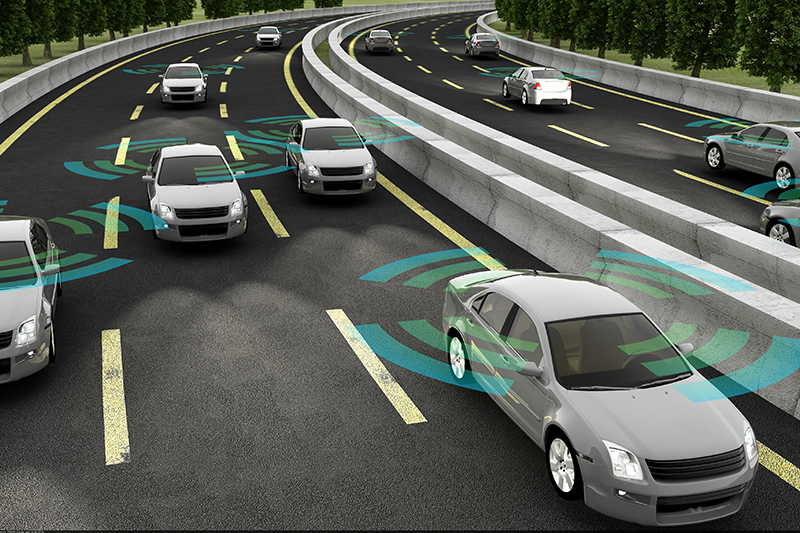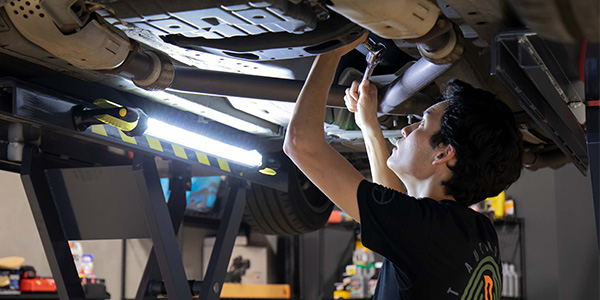FORT LEE, N.J. — Humans are fallible: We makes mistakes, we get distracted, and all it takes is a brief moment of distraction to crash a car and end a life, according to a press release from Route4Me, the world’s most-used route optimization platform.
Indeed, many lives are ended due to the fact that human-driven automobiles are the most common mode of transportation, the release continued; around 1.3 million people around the world die in road crashes each year — an average of 3,300 deaths every day.
But that’s changing, the release noted; over the next 30 or so years, safer autonomous vehicles will take the place of distraction-prone human drivers.
The Victoria Transportation Policy Institute (VTPI) predicts that, in the 2020s, autonomous vehicles will account for two to five percent of vehicle sales, the release stated.
Cost will be barrier, initially, and many consumers will hold off at first and use early adopters as guinea pigs before they trust self-driving cars, the release noted.
After the prices have gone down and the performance has been proven, the release continued VTPI expects that autonomous vehicles will account for 20 to 40 percent of vehicle sales in the 2030s, 40 to 60 percent in the 2040s, and 80 to 100 in the 2050s.
According to the release, here’s where major car companies are at right now with their autonomous vehicle development:
- Tesla Motors: Tesla is one step ahead of everyone else. TheTesla Model 3, launched in July 2017, is the first publicly available vehicle that has the hardware it needs for fully autonomous driving. All that’s missing is the software.
- GM: GM is spending big on self-driving cars. In 2016, it acquired the autonomous vehicle startup Cruise Automation for$581 million. Then, it purchased a nine percent ownership stake in the ride-sharing service Lyft for another $500 million. Apparently, the plan is to test thousands of self-driving Chevrolet Bolts with Lyft in 2018.
- Ford: Argo AI, a robotics company founded by former Google and Uber executives, was snatched up by Ford for$1 billion. Ford plans to release an autonomous vehicle with no gas pedal or steering wheel in select cities by 2021.
- BMW: BMW ispartnering with Intel for its self-driving car project. Its launch goal is also 2021.
- Toyota: Toyota expects to have semi-autonomous vehicleson the market by 2020. These cars will be able to get on the highway, change lanes and get off the highway without any driver input. Toyota is hoping to develop cars capable of driving autonomously in urban settings at some point in the early 2020s.














